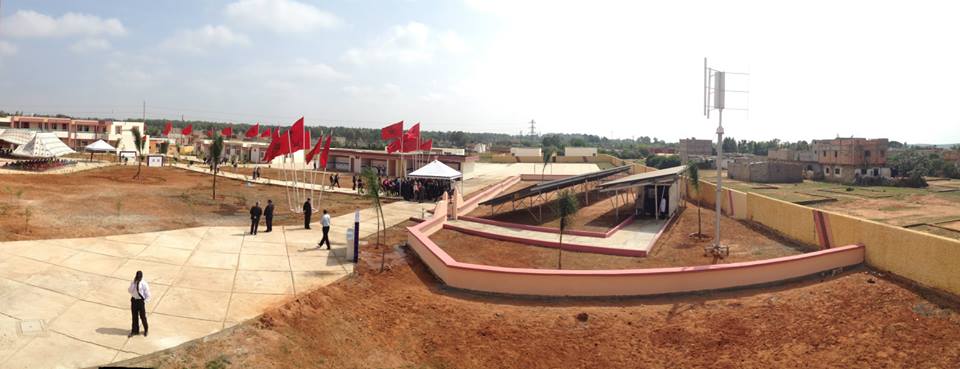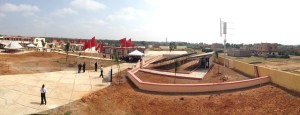
Morocco Experiments Spatial Technology to Recycle Waste Water
 Morocco has just launched a pilot project to recycle waste water through a technology so far used by astronauts in space stations and space shuttles.
Morocco has just launched a pilot project to recycle waste water through a technology so far used by astronauts in space stations and space shuttles.
The technological process of producing drinking water from dirty water or sewage has been developed by the European Space Agency (ESA) which has been working for over 20 years on the best recipe for a closed life-support system that processes waste and delivers fresh oxygen, food and water to astronauts.
One of the discoveries is how to build and control organic and ceramic membranes with holes just one ten-thousandth of a millimeter across – 700 times thinner than a strand of human hair. These tiny pores can filter out unwanted compounds in water, in particular nitrate.
According to ESA, the nano-technology is now experienced in the village of Sidi Taibi, near Kenitra, 30 km to the North of capital city Rabat. Utility authorities find it difficult to provide fresh water to the village growing population because the groundwater is so rich in nitrates and fertilizer chemicals it is unsuitable for human consumption.
With help from a UNESCO partnership, the University of Kenitra looked to apply this new approach to tackle the drinking-water problem.
The water pumping and conveyance will use clean renewable energy generated from wind turbines and solar panels.
The new treatment facility in Sidi Taibi will in a first phase provide water to a school attended by over 1200 students. Surplus energy and water generated during school holidays will be shared with locals. If the membrane approach works well in Morocco, the unit will be scaled up by a factor of ten to deliver water to the rest of the local population.
The organic membranes –based filtrations have already proven their worth in Antarctica where the Concordia research base, 1600 km from the South Pole, has been using water filtration to recycle waste water from showers, washing machines and dishwashers since 2005, according to ESA, which said the equipment required very little maintenance since it was installed.
